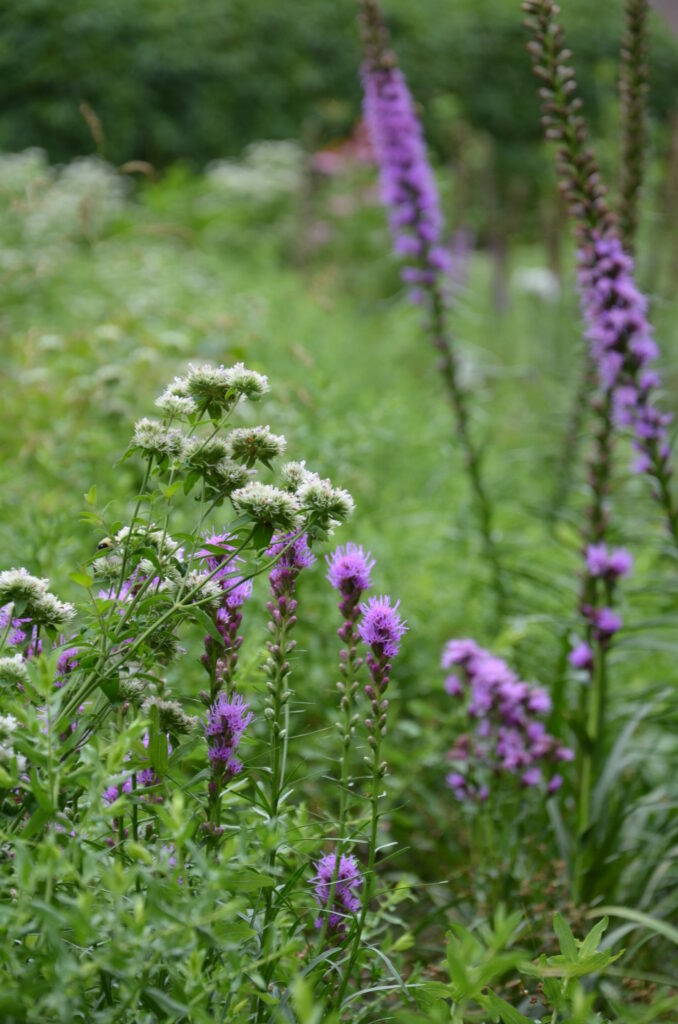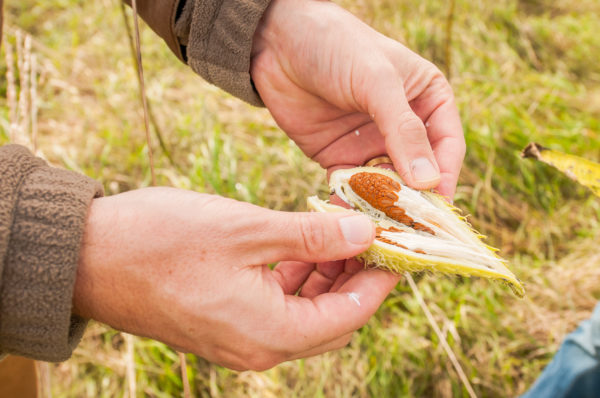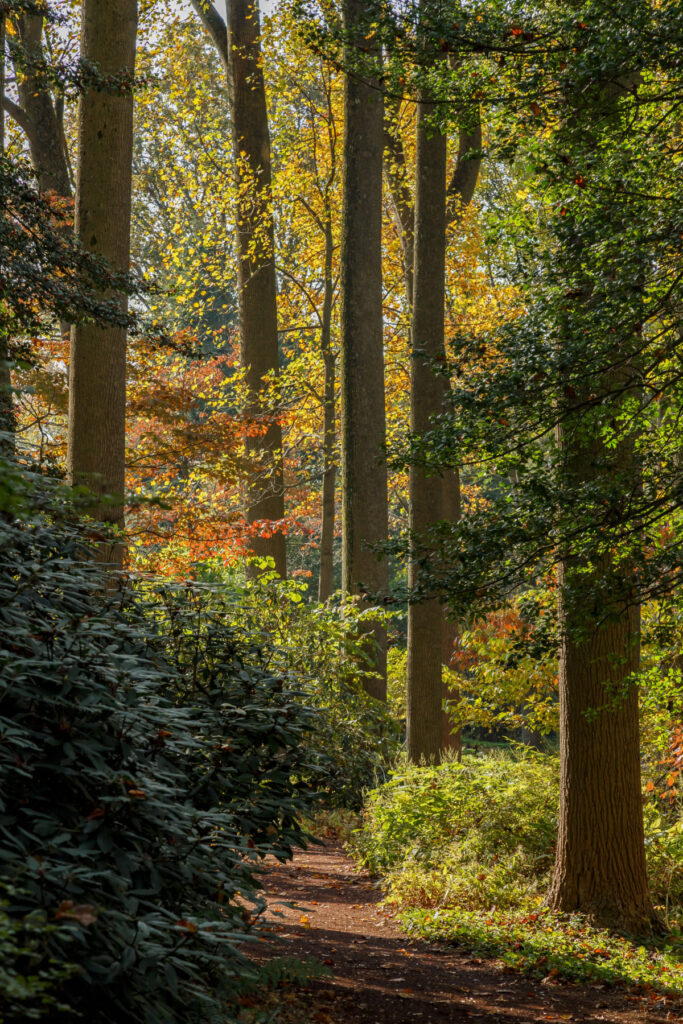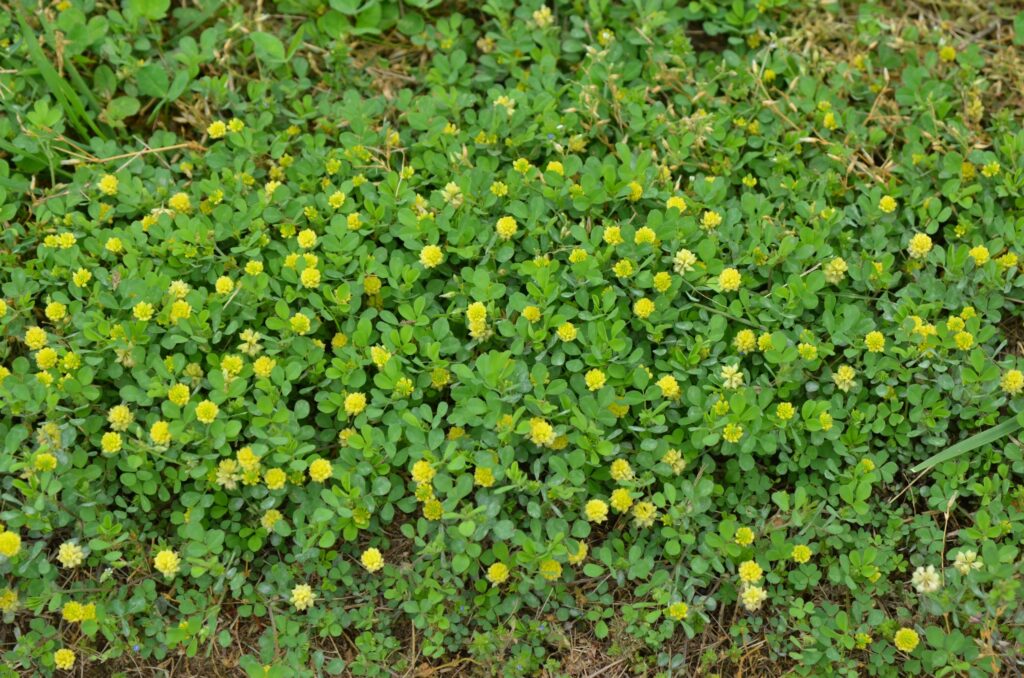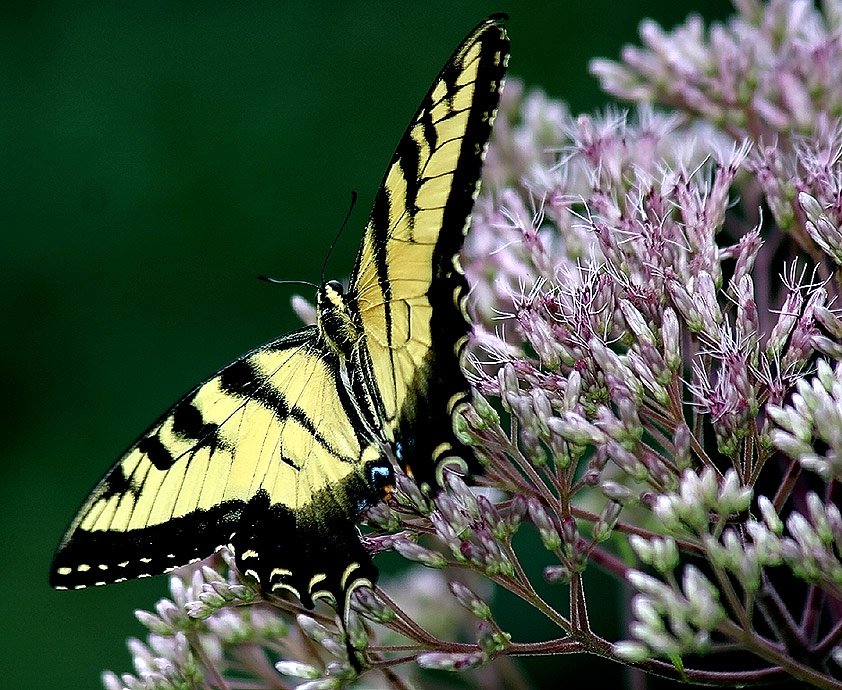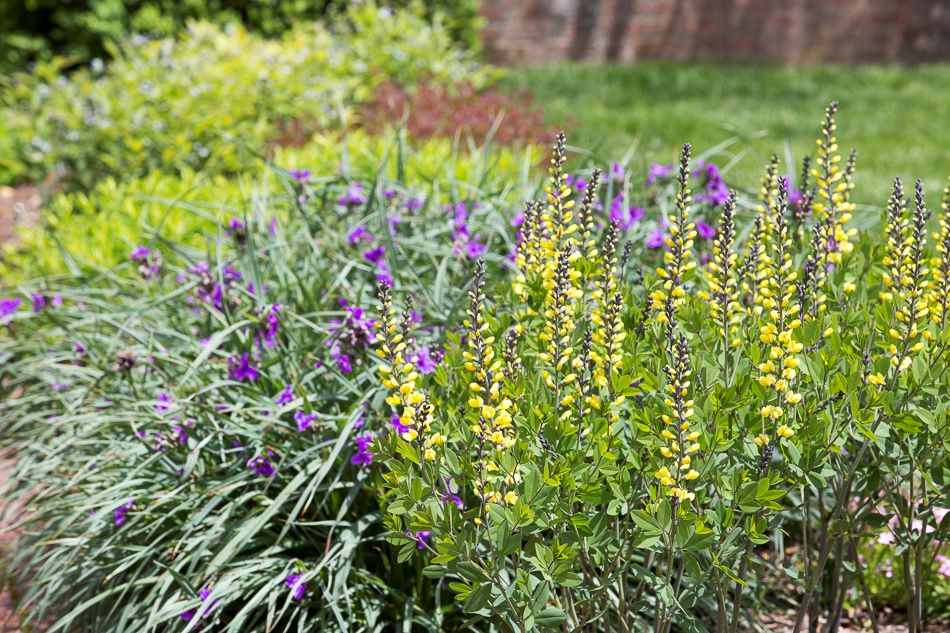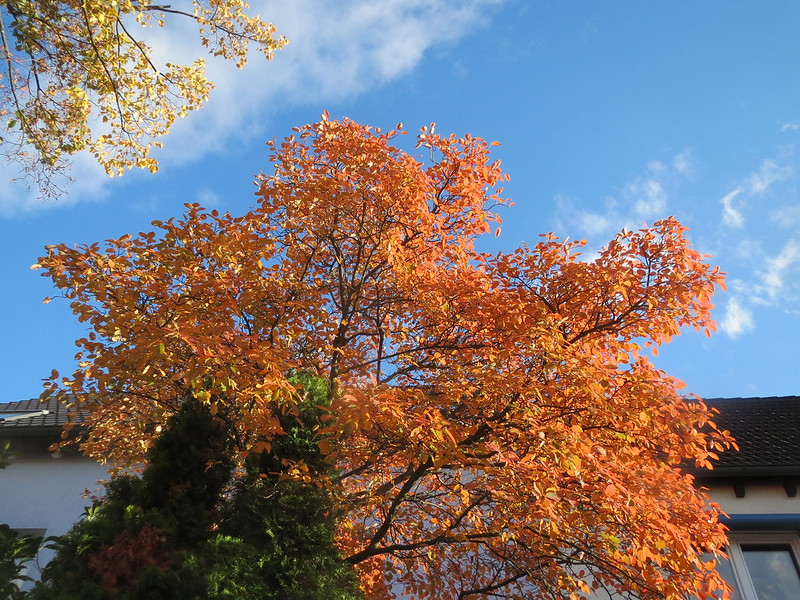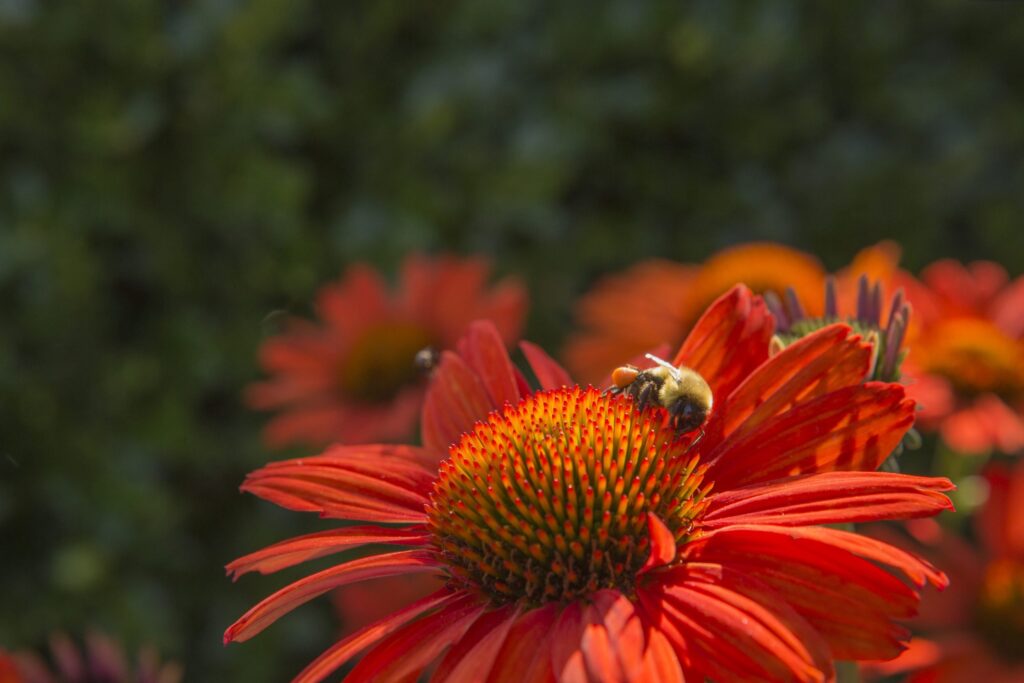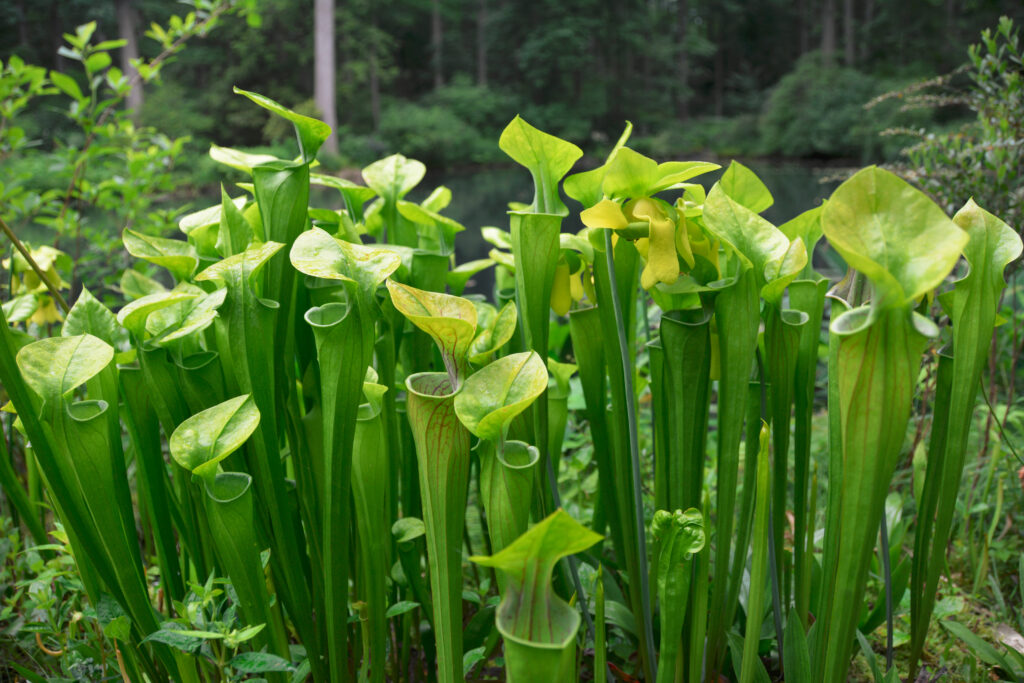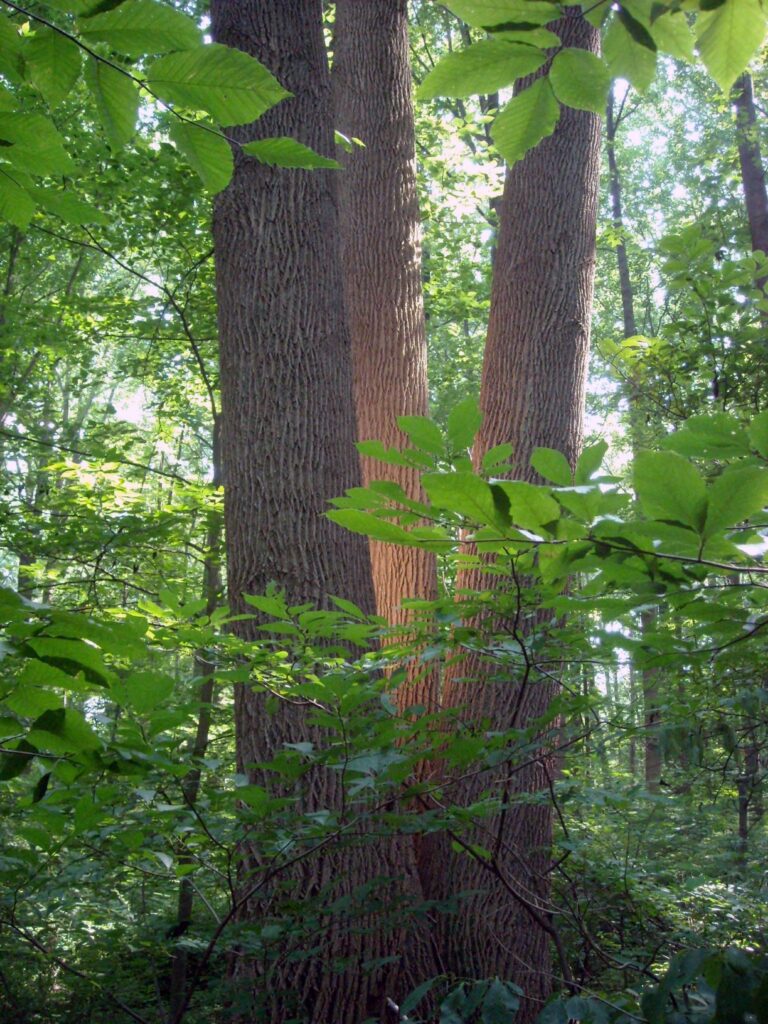Reducing the American lawn is beneficial for everyone. We can add more native plants, reduce flooding in our watersheds, attract pollinators, and bring balance to our ecosystems. Dive into some example projects where lawns have been replaced by native plant solutions. With a focus on a variety of site conditions such as sunny slopes, low
MoreHarvesting seeds is a cost-efficient and exciting way to increase the number of plants in your garden. Learn the best techniques for collecting and storing seeds produced by our native trees, shrubs, and perennials. Following a brief lecture, participants will head out to the gardens for some hands-on seed collecting. Take home a diverse array
MoreFall is a great time to plant trees and shrubs! From willow and viburnum, to hawthorn and more, discover beautiful woody plants that give the most bang for your buck in terms of wildlife value! A garden walk to view the plants is included. This program takes place in person at Mt. Cuba Center on
MoreThink of what gardening would be like without the world of weeds. Learn how to identify the most common annual and perennial lawn and garden weeds using leaves, flowers, stems, and seeds. The fall section covers species that should be removed before winter, making next year’s garden more maintenance free. Ecologically friendly methods of managing
MoreAddress neighborhood expectations about tidiness, property values, and aesthetics without giving up the goal of gardening with nature in mind. Devise a plan for planting and maintaining the most visible or prominent areas of your yard. Kathy Elliot will discuss “cues for care” that just may convince the whole neighborhood you are on to something.
MoreExplore water-wise gardening through several ecological practices – rain gardens, rain barrels, riparian buffers, and xeriscaping. Leave with a plant list of water-wise native plant species to add to your garden that will not only reduce water usage but provide aesthetic and wildlife value as well. This program takes place in person at Mt. Cuba
MoreNative plants of the mid-Atlantic region are beautiful, inspiring, and critically important for healthy landscapes. From the subdued colors and fragrances of spring wildflowers to the exuberance of summer perennials and the captivating hues of fall foliage, discover a wealth of plants that satisfy your gardening needs throughout the seasons. Using Mt. Cuba Center’s stunning
MoreNative bees need our help! We cannot afford to lose our native bees, as they are integral to ecosystems and pollinate a significant portion of our crops. Join Leah Brooks as she discusses how we can extend a lifeline to our struggling pollinators by planting certain shrubs and wildflowers and managing our home habitats with
MoreConstruct your own colorful and captivating bog garden in a container. Learn how to create the conditions necessary for growing these exceptional sun-loving plants and proper long-term maintenance techniques. This program takes place in person at Mt. Cuba Center Friday, June 16, 2023. About the Instructor: Susan Dixon is the perennial plant buyer and department
MoreTake a hike through the woods with the Mt. Cuba Arboriculture Team and learn to recognize common native trees. Tree identification becomes quick and rewarding when using easy and practical identification tricks such as leaf shape, bark texture, silhouettes, and fruit and nuts found on the ground. Class will be held entirely outdoors, so dress
More
